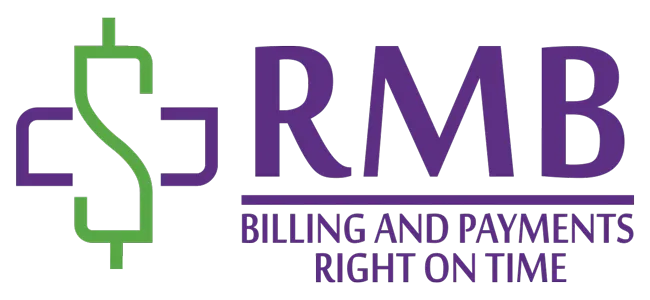Medical Billing Time Limits by State: A Comprehensive Guide for Healthcare Providers
Medical Billing Time Limits by State: A Comprehensive Guide for Healthcare Providers
In the fast-paced world of healthcare, timely and accurate billing is essential for ensuring financial stability for providers. Medical billing time limits, which dictate the timeframe within which healthcare providers must submit claims to insurers for reimbursement, play a crucial role in this process. Understanding these time limits is critical for providers to avoid claim denials, delays in reimbursement, and potential legal ramifications.
Why are Medical Billing Time Limits Important?
Medical billing time limits are established by various entities, including state and federal regulations, insurance payers’ policies, and contractual agreements between providers and payers. These time limits serve several important purposes:
- Ensure Timely Reimbursement: By submitting claims within the designated timeframe, providers can expedite the reimbursement process and maintain a healthy cash flow.
- Reduce Administrative Costs: Late claims often require additional administrative work, such as resubmissions and appeals, which can increase costs for both providers and payers.
- Maintain Accuracy and Compliance: Timely claims submission helps to ensure the accuracy of the information submitted and reduces the risk of errors or fraud.
Understanding the Variations in Medical Billing Time Limits
Medical billing time limits can vary depending on several factors, including:
- State Regulations: Each state has its own regulations regarding medical billing time limits. These regulations may specify the timeframe for submitting claims to Medicaid and Medicare programs, as well as commercial insurers.
- Payer Policies: Insurance companies establish their own billing time limits within the framework of state and federal regulations. These time limits may vary by plan type and service provided.
- Service Type: The time limit for submitting a claim may differ depending on the type of service rendered. For instance, claims for emergency services may have shorter time limits compared to claims for routine checkups.
- Billing Method: The method used to submit a claim (e.g., paper vs. electronic) may also influence the applicable time limit. Electronic claims generally have longer submission windows than paper claims.
How to Stay Compliant with Medical Billing Time Limits
To ensure compliance with medical billing time limits, healthcare providers can implement the following strategies:
- Maintain Awareness of Applicable Time Limits: Providers should stay updated on state regulations, payer policies, and contractual agreements that dictate billing time limits for their services.
- Invest in a Robust Billing System: A reliable billing system can automate claim submission processes, track deadlines, and generate alerts for approaching time limits.
- Develop Clear Internal Processes: Establish clear internal procedures for claim submission, including processes for claim scrubbing and error correction to minimize delays.
- Train Staff on Billing Procedures: Regularly train staff on proper billing procedures, including adhering to time limits and following payer-specific requirements.
- Communicate Effectively with Payers: Maintain open communication with payers to clarify any uncertainties regarding billing time limits or claim submission requirements.
Consequences of Missing Medical Billing Time Limits
Failure to meet medical billing time limits can lead to several negative consequences for healthcare providers, including:
- Claim Denials: If a claim is submitted outside the designated timeframe, the payer may deny the claim altogether, resulting in lost revenue for the provider.
- Reduced Reimbursement: Even if a late claim is eventually accepted, the payer may apply penalties or reductions in reimbursement.
- Increased Administrative Burden: Late claims often require additional administrative work for resubmission and appeals, which can strain staff resources and increase costs.
- Potential Legal Issues: In some cases, repeated violations of billing time limits may lead to legal repercussions for providers.
Additional Tips for Managing Medical Billing Time Limits
- Track Deadlines Proactively: Utilize calendars or billing software features to track claim submission deadlines and ensure timely submission.
- Submit Claims Electronically: Whenever possible, submit claims electronically to benefit from faster processing times and extended submission windows.
- Regularly Monitor Claim Status: Proactively monitor the status of submitted claims to identify any issues or denials early on.
- Develop Strong Relationships with Payers: Maintain clear communication with payers to address any concerns regarding billing time limits or claim requirements promptly.
Final thoughts
Understanding and adhering to medical billing time limits is crucial for healthcare providers to maintain financial stability and avoid administrative headaches. By implementing the strategies outlined above, providers can streamline their billing processes, improve claim submission accuracy, and maximize their revenue collection.
If you’re seeking a reliable medical billing partner to navigate the complexities of billing time limits and streamline your revenue cycle, Right Medical Billing LLC is your solution. Our experienced team specializes in fast and accurate medical billing services, ensuring that your claims are submitted on time and processed efficiently. With Right Medical Billing LLC, you can focus on providing exceptional patient care while we handle the intricacies of your billing.




